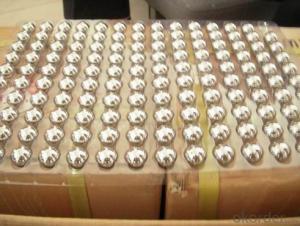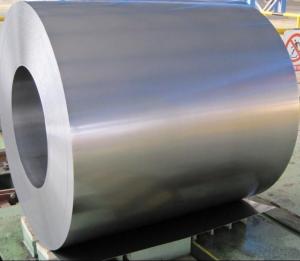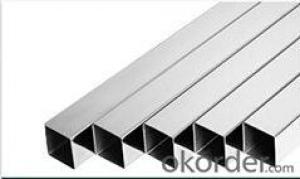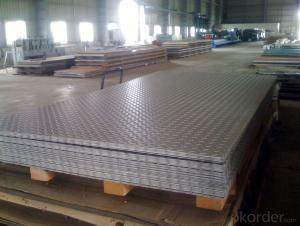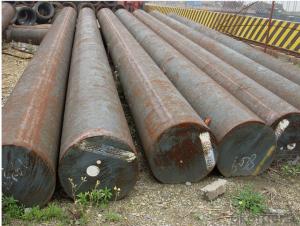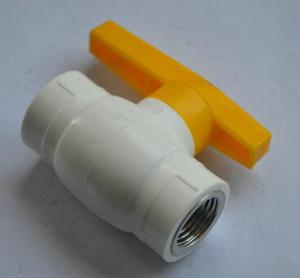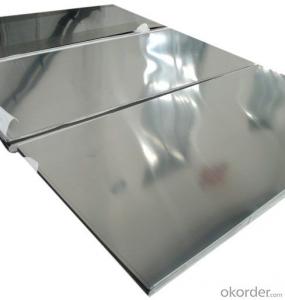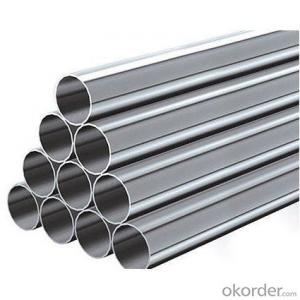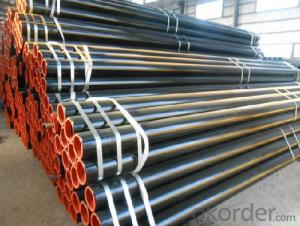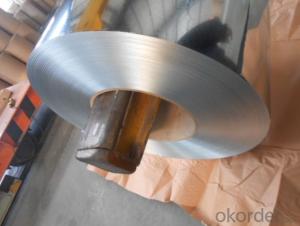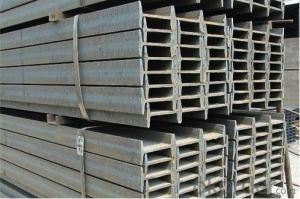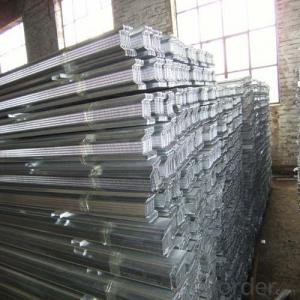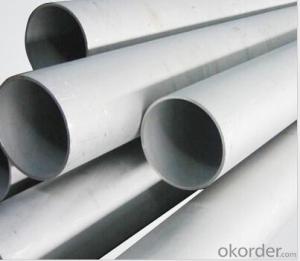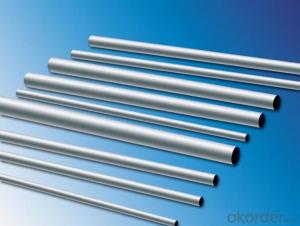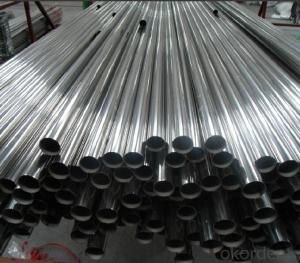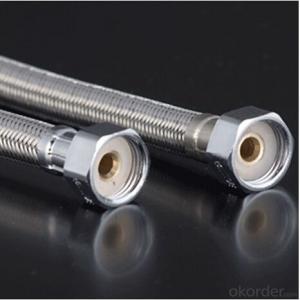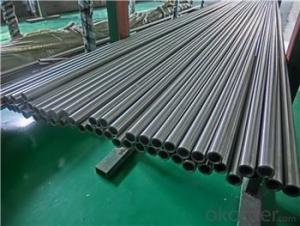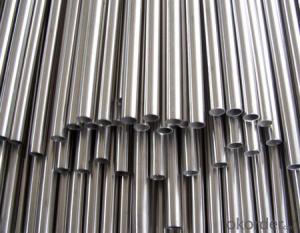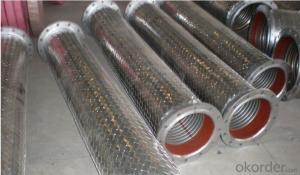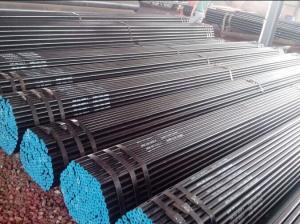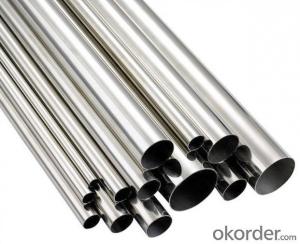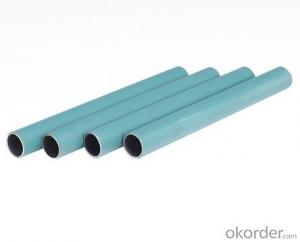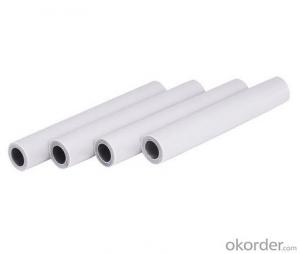Stainless Steel Bars
Stainless Steel Bars Related Searches
Best Paint For Stainless Steel Blanket Insulation For Steel Buildings Primer For Galvanized Steel Foam Filter For Stainless Steel H S Code For Stainless Steel Surface Grinding Wheels For Stainless Steel Surface Grinding Wheels For Hardened Steel Hole Saw For Stainless Steel Paint For Stainless Steel Stainless Steel For BbqHot Searches
Steel Mesh Panels For Sale Price For Stainless Steel Scrap Scrap Price For Stainless Steel Price For Stainless Steel Stainless Steel Tank For Sale Stainless Steel Sheets For Sale Cheap High Tea Sets For Sale Stainless Steel Tanks For Sale Stainless Steel For Sale High Density Fiberboard For Sale Solar Hot Water Collectors For Sale Scaffolding For Sale In Uae Scaffolding For Sale In Ireland Scaffolding For Sale In Houston Type Of Inverter For Solar Price Of Shipping Containers For Sale Types Of Inverter For Solar Stock Price For Aluminum Used Solar Inverter For Sale Steel Mesh Panels For SaleStainless Steel Bars Supplier & Manufacturer from China
Okorder.com is a professional Stainless Steel Bars supplier & manufacturer, offers integrated one-stop services including real-time quoting and online cargo tracking. We are funded by CNBM Group, a Fortune 500 enterprise and the largest Stainless Steel Bars firm in China.Hot Products
FAQ
- Yes, stainless steel pipes can be stress relieved. Stress relieving is a heat treatment process used to reduce stress-induced distortion and improve the mechanical properties of the material. Stainless steel pipes can undergo stress relieving at high temperatures, typically between 900°C and 1050°C (1652°F and 1922°F), followed by slow cooling. This process helps to relieve residual stresses that may have been induced during manufacturing processes such as welding or forming. Stress relieving can also enhance the corrosion resistance and improve the overall performance of stainless steel pipes.
- The specific grade of stainless steel and the intended application both play a role in determining the maximum wall thickness for stainless steel pipes. Generally, the maximum wall thickness for stainless steel pipes can range from 0.065 inches (1.65 mm) to 3 inches (76.2 mm) or possibly even more in certain instances. To ascertain the maximum allowable wall thickness for a particular application, it is crucial to refer to the relevant industry standards, codes, or specifications for the specific grade of stainless steel being utilized.
- Yes, stainless steel pipes can be used for underground installations. Stainless steel is highly resistant to corrosion and can withstand harsh underground environments, making it a suitable choice for applications that require durability and longevity. Additionally, stainless steel pipes have excellent strength-to-weight ratio and are known for their high resistance to temperature variations, making them a reliable option for underground installations.
- Stainless steel pipes are indeed suitable for use in oil refineries due to their durability and resistance to corrosion. This material is capable of handling a wide range of fluids and chemicals commonly found in such facilities. Moreover, the strength and ability to withstand high temperatures and pressure make stainless steel pipes perfect for the transportation and processing of crude oil, refined petroleum products, and other hydrocarbons within the refining industry. Notably, these pipes exhibit outstanding corrosion resistance, which is vital in environments where oil and various chemicals are present. This resistance is instrumental in preventing leakage and ensuring the integrity of the piping system, ultimately enhancing the safety and efficiency of oil refinery operations.
- Yes, stainless steel pipes are suitable for sewage treatment plants. Stainless steel is a highly durable and corrosion-resistant material, making it well-suited for the harsh and corrosive environment found in sewage treatment plants. The high resistance to corrosion prevents the pipes from deteriorating over time, ensuring a longer lifespan and reducing the need for frequent maintenance or replacements. Additionally, stainless steel pipes have excellent hygienic properties, which is crucial for sewage treatment plants to maintain proper sanitation. The smooth surface of stainless steel pipes prevents the accumulation of bacteria, biofilm, and other contaminants, making it easier to clean and maintain a high level of cleanliness. Furthermore, stainless steel is environmentally friendly as it is 100% recyclable, contributing to sustainable practices in sewage treatment plants. Overall, stainless steel pipes are a reliable and suitable choice for sewage treatment plants due to their durability, corrosion resistance, hygienic properties, and environmental friendliness.
- The thermal conductivity of stainless steel pipes can vary depending on the specific grade and composition of the stainless steel. However, on average, stainless steel has a thermal conductivity ranging from 14 to 19 watts per meter Kelvin (W/mK). This means that stainless steel pipes are relatively good conductors of heat, allowing for efficient transfer of thermal energy. This property makes stainless steel pipes suitable for various applications that require heat transfer, such as in heating systems, industrial processes, and even in some plumbing installations.
- Yes, stainless steel pipes can be insulated with polyethylene. Polyethylene insulation is commonly used for thermal insulation of various types of pipes, including stainless steel ones. It helps to prevent heat transfer and can provide effective insulation for both hot and cold water pipes.
- Yes, stainless steel pipes can be used for geothermal applications. Stainless steel is highly resistant to corrosion and can withstand the high temperatures and pressures associated with geothermal systems. Its durability and longevity make it a suitable choice for transporting fluid in geothermal applications.
















